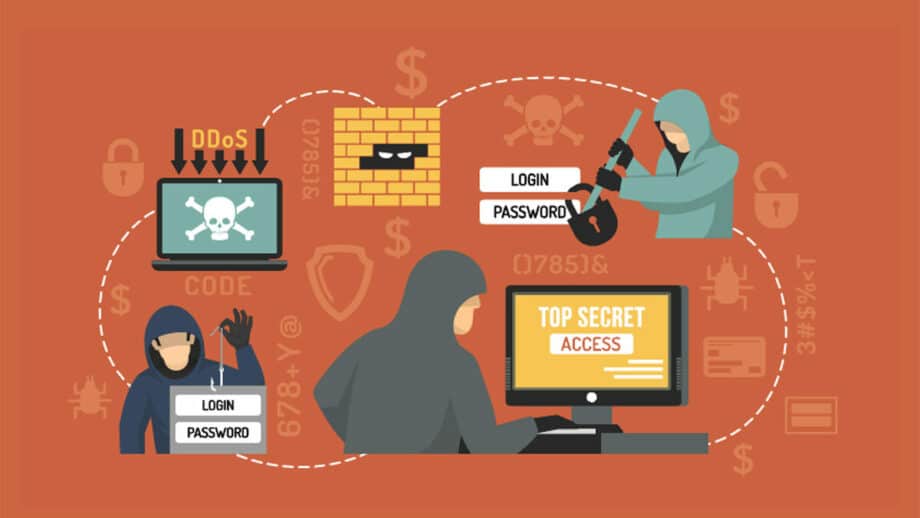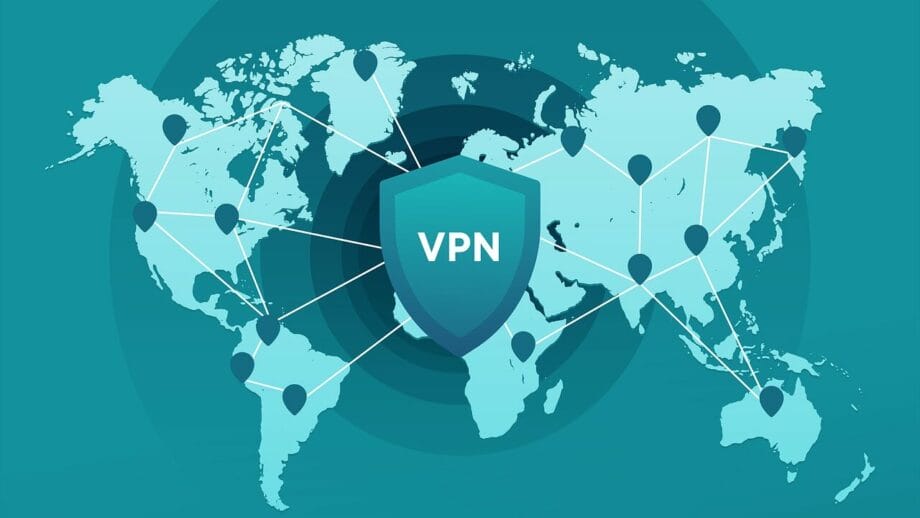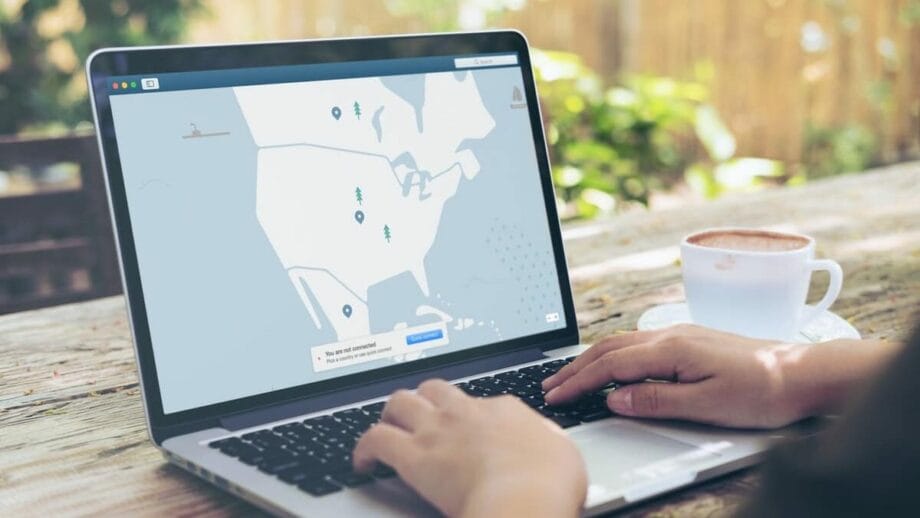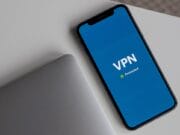Consider this little conundrum. Your iPhone isn’t getting any form of signal, not just no 4G data but nothing, zero, zilch – you can’t even make an emergency call. You might be on contract with a major provider, so you try to log into your account on their website to look for help.
Your home Wi-Fi and laptop are still working, so you put your username and password into the login page and the next thing you see is this message:
“We’ve sent a One Time Password (OTP) to your phone by text, please type it here so we can identify you.”
Smart homes, smart banking, dumb people!
But that’s the point, you can’t use your phone! Beyond annoying, isn’t it? With all the technology we use nowadays from the Internet of Things (IoT) in ‘smart homes’ to our banking and even employers paying us online, the levels of fraud have encouraged larger organizations to beef up security with such things as OTPs and two factor authentication (2FA) like Google Authenticator. Of course, if your password is your first name plus ‘123’ or even ‘password’ you only have yourself to blame for your own stupidity if someone hacks your accounts or your devices.
Another way of keeping things secure is to make sure that all virus protection software is up to date on any device you might connect to the internet and use a VPN (Virtual Private Network) to avoid hacking and phishing attacks using malware and ransomware.

A VPN works by placing an encrypted third-party server in between your device and the connection to your internet service provider (ISP). If you don’t have a VPN, the process works like the following.
Related: Top 10 Best Antivirus / Internet Security Software.
Stuck in the rat race – or on a hamster wheel?
The modem router in your home or office, or the mobile 4G or 5G router ‘dongle’ plugged into your computer, connects to your ISP. That ISP then looks up the website you’re trying to access and makes the connection for you. This is all fine, except for the fact that your ISP now knows exactly who you are, what website(s) you visited, how long you spent connected during the session, how many emails you sent, and to whom. ISPs can then sell that anonymized Big Data to advertisers and make a fair bit of money, except you don’t get to see a penny of it.
It would be like you running on a giant hamster wheel all day to generate electricity for a utility company, but they didn’t pay you for your time and expended energy.
However, with a VPN like 1Click VPN installed on your device, you place that encrypted server, which can be located anywhere in the world, between your router and the ISP. Now, because of that encryption, your ISP doesn’t know who you are or where you are located. You could be in Amsterdam or Zimbabwe, and they wouldn’t have a clue. Bang goes their sneaky money-making scheme of selling your data to advertising companies.
Not only does the encryption provide anonymity, that anonymity also provides a degree of security from hackers, who tend to go after ‘known quantities’ – such things as IP addresses in wealthy neighborhoods or known influencers on social media. In short, if hackers don’t know who you are, nor where you’re located, you don’t offer much of a target.
What’s more, the great news is that Google has this week announced that they are going to roll out passkeys (as opposed to passwords), and these can use either your PIN, Face ID, or fingerprint touch – just like with NFC – to log you into your google account. The option to stay by passwords is here for some more time, but be sure that either your face, fingerprint, or voice will become the ultimate security tool. However, the internet baddies won’t be far beyond, so a VPN would always have been a good idea to install.
In the information age, where reliance on digital security mechanisms is increasing day by day, strong protection of the same becomes more important. Despite the added benefit of two factor authentication or passkeys as security measures, it is important to understand that no defense system can be fully efficient. For example, depending on only your smartphone for 2FA will tend to be exposed to you in the case of an unforeseen problem such as being locked out with no network signal. Although smart homes and online banking have become part of our daily lives, they may as well be used to defraud.

As such, the only alternative is for people to broaden their pool of security options. Adding a VPN (Virtual Private Network) provides another layer of protection from hackers and phishing schemes, and it also allows you to feel secure with your activities online since they will remain private. It is a significant move in the development of authentication methods with passkeys that include PINs, face IDs, or even fingerprint recognition for Google accounts. Nevertheless, as with so many other kinds of security countermeasures, the fraudsters are not far behind in adjusting to these new tactics. Therefore, adopting a VPN alongside passkeys will still be a wise decision to protect your digital life.
VPNs go beyond just security to deliver a wide range of benefits that extend across your online experience. However, one of the overlooked advantages includes the ability to use restrictive geographically prevented content by connecting to a VPN’s international server. This not only adds the option to your entertainment choices but can also help you save money in a number of ways.
For instance, when you are in the US and book hotel services in a foreign country such as France, using a VPN server located in France enables you to pay in local currency and hence avoid unfavorable exchange rates offered by travel reseller websites. In a world where every penny counts, even simple tricks can help you make the most of your budget.
All in all, it is a good choice for you to ensure your digital security by using antivirus software of the highest quality, utilizing passkey authentication, and adding VPN to your devices. This will not only protect you against cyber threats but also provide cost savings as well as additional convenience to your web activities.
Your boss is breathing down your neck…
Whether we like it or not, we’re under surveillance a lot of the time online. If you’re a white-collar employee working from home (WFH) – the chances are that you’re using a work-supplied machine and the time you spend actually tapping the keys can be monitored. In the past, some WFH team members have even invested in mouse-jigglers to make it seem like they are constantly working when they might be in fact making sandwiches or watching a movie!
Unfortunately, you can’t install a VPN of your own choice on a work computer – so you have to be very careful only to use that device strictly for work purposes.
See also: Internet Security Tips – Use VPN to Protect Personal Data from Online Thieves?.
Other advantages to using a VPN
In addition to security, when using a VPN, there are also the added benefits of being able to stream geographically restricted content when you’re away on vacation by choosing a server from the VPN’s international list. Add to this the facility of choosing a server in the same country as where you’re buying a service, and you can save money.

For example, imagine you are at home in the USA, and you wish to book a hotel in Paris, France. If you choose a server located in France, by using your VPN, you can then decide to pay for the hotel in Euros rather than US Dollars. It’s always favorable to pay in ‘home’ currency for any service or purchase because accommodation and flight reseller sites make money by offering disadvantageous (to you!) exchange rates.
Additionally, there are other benefits of a VPN other than security and cost saving. This can also improve your online privacy and anonymity, especially in regions that have strict internet censorship or scrutiny. You’ll be able to get around government-imposed restrictions and access blocked websites and services by routing your internet traffic through a VPN server in another country. In this way, your freedom to browse the web without someone snooping remains intact.
This can be particularly useful for people residing in countries with censorship on the web or who treasure their web anonymity. VPN essentially provides more security and convenience, letting you stay safe online and exercise your privacy control wherever you are.
Ultimately, whether you are a business person or a private citizen, after employing the best antivirus software worldwide and passkey authentication method on your devices, VPN installation adds an extra security layer to your integrated gadgets making some savings and becoming more convenient.





